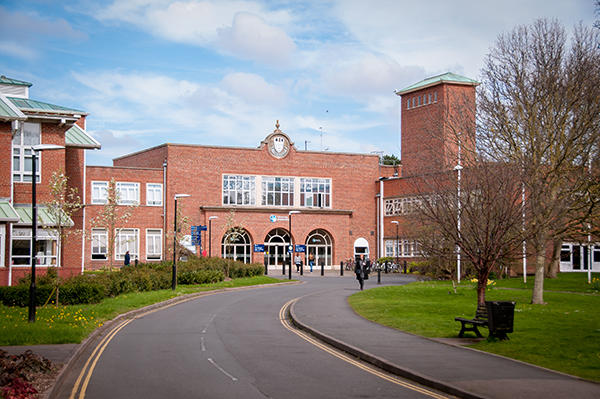Funding for Programme to Tackle Gender-based Prejudice
Wednesday, 08 November 2017
A specialist programme to help staff and students at the University of Worcester to better understand gender and challenge prejudicial attitudes and behaviour in relation to transgender has received Government funding.

The Transgender Education and Support Programme will build on an existing short course on transgender, developed and delivered by graduate student Ali Wells, who completed the BA (Hons) Youth and Community Work degree in 2011. Ali was supported by the Academic Group Lead for the Social Science Team, Kate Thackeray, who, with colleague Ruth Jones OBE made the successful bid to the Higher Education Funding Council for England's (HEFCE) Catalyst Fund, to expand the work.
Kate Thackeray said: "The current programme has been really successful and we are really pleased that this funding will now allow us to develop it further."
The HEFCE funding has seen £1.8m distributed to universities and colleges to improve responses to hate crime and online harassment. The University of Worcester has received almost £50,000 for the development of the Transgender Education and Support Programme which further builds on the University's commitment to tackling discrimination and gender-based violence and harassment.
Earlier this year, the University received funding, also from the HEFCE Catalyst Fund, to roll out its Bystander Intervention Development (BID) project. The BID project aims to enhance students" ability to recognise behaviour and attitudes, which enable gender-based violence and give them the confidence to challenge such behaviour.
The Transgender Education and Support Programme will be rolled out to staff and students and will raise awareness about gender and the gender spectrum, gender fluidity, gender identity and gendered terms and will build knowledge about transgender and challenge transphobia.
Figures from the National Union of Students, in 2014, showed that 1 in 3 transgender students in UK universities had experienced harassment on campus and that 51% of transgender students had considered leaving university.
Ross Renton, Pro Vice Chancellor Students at the University of Worcester, said: "These are shocking statistics and we hope this project will help to challenge prejudicial attitudes and behaviour and create a best practice model that can be rolled out nationwide."